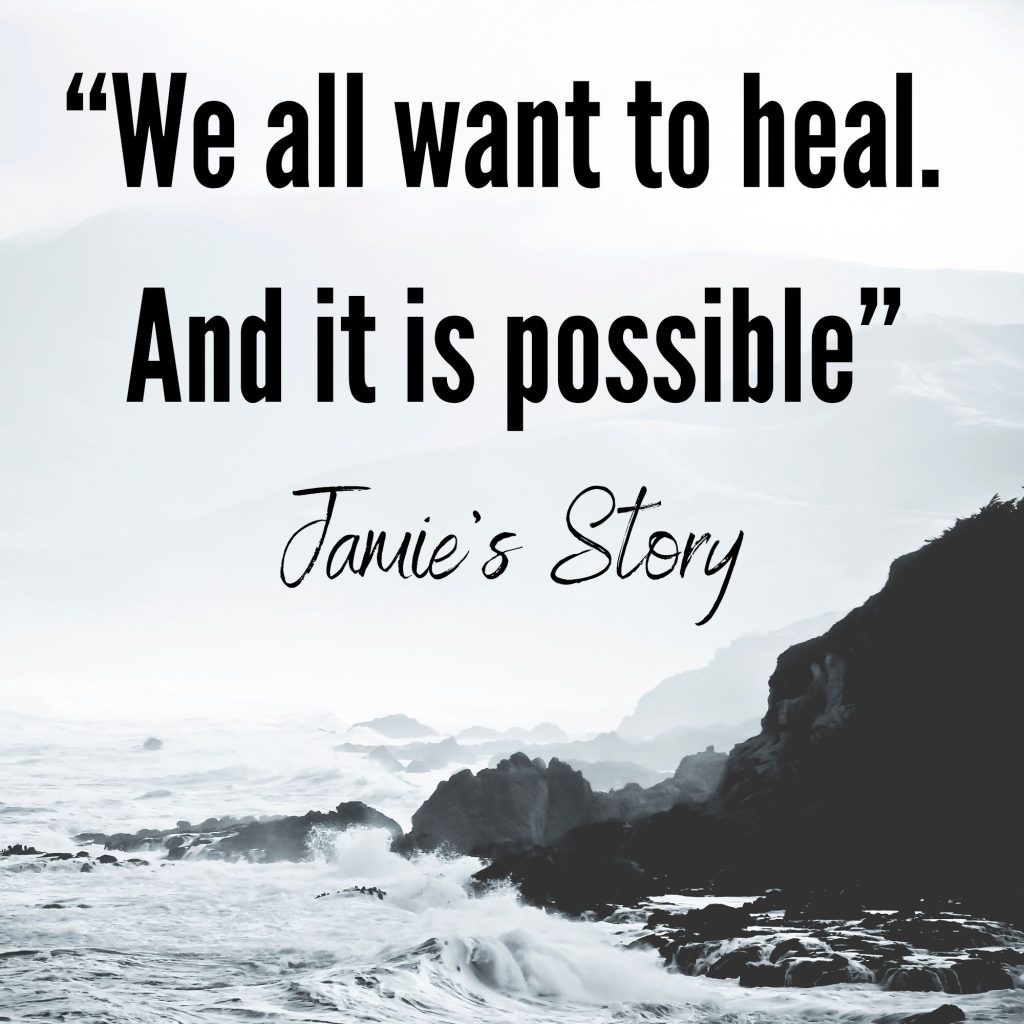
By: Jamie Forman
Disordered thoughts began when I was eight; my eating disorder officially “started” when I was 12.
It was misdiagnosed as depression because no one was talking about eating disorders or anxiety back then; only about what they knew.
When I graduated high school, I spent the summer before college in a treatment center to conquer my eating disorder and the addictions that came along with it (self-harm, drinking, pills, over exercising, etc. – addictions don’t usually exist alone, they tend to work together).
I was home for a couple hours the evening of my 18th birthday (8/18/11); just enough time to have a birthday meal with my family and make the decision to medically discharge from college and focus on recovery.
I was finally discharged from treatment on October 24th, 2011 – and the cliche term was right: things were never the same.
There’s the honeymoon period when you get released; you’re on top of the world, no addiction scares you, and you don’t have bad days.
But all honeymoon periods end.
And you have to learn how to handle the urges like the recovered soul you are.
It takes support from family members, hours of songwriting, and patience.
Sometimes you sit on the couch and stare at the wall, begging yourself not to self harm
Sometimes you completely forget you ever had any issues.
Recovery doesn’t happen over night; just like you didn’t get sick over night.
I still deal with the same anxiety I dealt with before I got help; but the tools and skills I am equipped with now allow me to tackle things in a healthy way.
Recovery is scary and messy and incredible.
And it’s different for everyone.
My recovery has rules.
I will not go to the gym without telling my husband or mom.
I will not do cardio for longer than 12 minutes.
If my sister invites me to do something, I will do it, regardless if I have worked out that day or not.
And my most recent rule: every Friday, I will purchase a new “fear food” at the grocery store to try that week.
My hope for the future is to inspire others to get help, and realize that they are WORTH that help.
No one has to do it alone, and those of us all dealing with mental illness have one thing in common, and it’s enough for us to get along and support each other.
We all want to heal.
And it’s possible.
It’s your story; your recovery.
And you can’t recovery wrong.
That’s not a thing.
